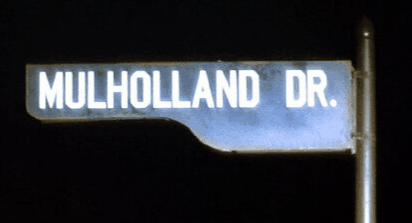This year’s Art & Open Learning Fair builds upon Georg Hardenberg / Novalis / Joseph Beuys’ 1978 provocation: JEDER MENSCH EIN KÜNSTLER. The Fair is a process that has emerged from the open educational resource (OER) produced by Neil Mulholland, Emma Balkind, Jake Watts and Beth Dynowski. The OER is accessible here via this blog: blogs.ed.ac.uk/artandlearning/courseware-contemporary-art-open-learning/
Monday 23rd November 2020> The Mind’s Eye 🟡 Yellow Basho //// Runs from Monday 23rd November 2020 asynchronous
Wednesday 25th November 2020 Treasure Hunt 🟣 Purple Basho //// 9:30am-12:30pm GMT for live activities
Wednesday 25th November 2020 How to Become an Artist 🟢 Green Basho //// 1:30pm-4:30pm GMT for live activities
Thursday 26th November 2020 MENU: Being an Artist 🔴 Red Basho //// 1:30pm-4:30pm GMT for live activities
Can anyone be an artist?
Edinburgh College of Art (ECA) is directly implicated in this provocation which arose from Beuys’ Edinburgh Poorhouse projects (e.g. Black and White Oil Conference, 1974), the Free International University for Creativity and Interdisciplinary Research and his work with the prisoner Jimmy Boyle (1980-); a heritage presently continued by the Edinburgh branch of the Ragged University.
Students on the MFA Contemporary Art Practice & MA Contemporary Art Theory in the School of Art, ECA have provided their own responses this particular provocation, working in four groups comprised of artists, curators, researchers and paragogues.
Open? Fair?
What might it take to transform that last bastion of mercantile capitalism, the art fair, into an open educational resource? Considering the long history of fairs against our present-day pivot culture, how might they openly support peer-production and participation rather than reproduce proprietorial consumption? In ‘Open Access and Para-Academic Practice‘ tripleC 11((2)) 2013: 614-619, Paul Boshears calls on researchers to engage in the open creation of research objects (artworks, programmes of study, events, etc.)
Boshears argues that, to be genuinely open, research should be focused less on research objects and more on the new ‘publics that result from the circulation of these objects’. (Boshears 2013: 617) Thinking about what sort of publics we might engage (or generate) through the production of open research objects is an ambitious challenge, one that our masters of contemporary art have risen to meet. They do so during a pandemic that has brought the arts to a virtual standstill.
Based in Edinburgh and across China, the School of Art’s postgraduates have imagined a variety of blended approaches to art and learning that are responsive to our volatile world. The pivots herein are not simply skeuomorphic translations from meatspace to massified, open online courseware, (i.e. MOOCs); they represent a wide range of blended and augmented sites; art-as-education-as-art equipped to work within the full range of Scotland’s four tier Covid-19 protection levels.
Rather than create virtual projects aimed at a faceless mass of placeless lurkers, paragogues have peer-produced participatory workshops for each other. Working together in four small basho (Red, Green, Purple, Yellow) they have created an intimate, reciprocal programme of artistic learning that is, nevertheless, scaleable.
The four projects produced by each basho blend curatorial tools, re-imagine event-places and devise artistic practices for multiple scenarios. The JEDER MENSCH EIN KÜNSTLER fair is a work in progress, a chance to playtest the range of practices offered by the members of each basho. Anyone is welcome to browse through and participate in any of the asynchronous projects and workshops.




